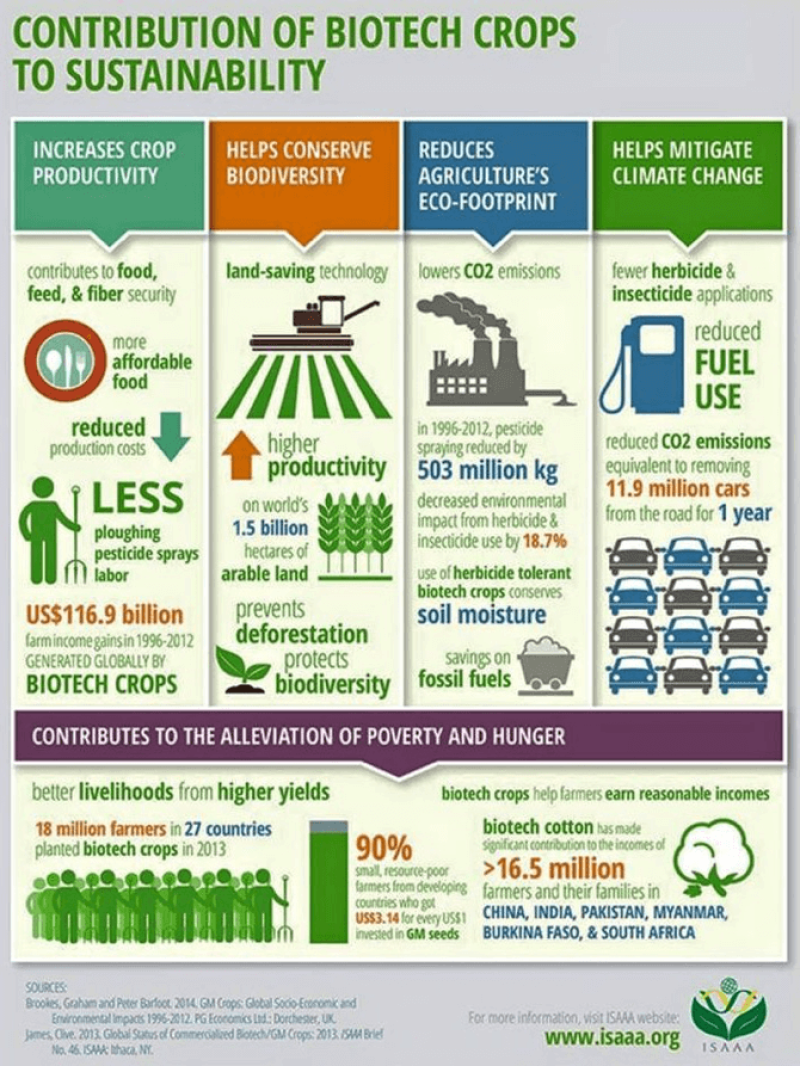[Editor’s note: Elana Fertig is a professor of Oncology Biostatistics and Bioinformatics at Johns Hopkins University.]
To create individualized cancer treatments, we must know more about the functional genetic alterations.
With data on cancer genetics growing rapidly, mathematics and statistics can now help unlock the hidden patterns in this data to find the genes that are responsible for an individual’s cancer. With this knowledge, physicians can select appropriate treatments that block the action of these genes to personalize therapies for individual patients. My research aims to improve precision medicine in cancer – by building on the same methods that have been used to find patterns in Netflix movie ratings.
…
In 2009, Netflix held a challenge to personalize movie ratings for each Netflix user. On Netflix, each user has a distinct set of ratings of different movies. While two users may have similar tastes in movies, they may vary wildly in specific genres. Therefore, you cannot rely on comparing ratings from similar users.
Instead, a matrix factorization algorithm finds movies with similar ratings among a smaller group of users.
…
Just as tools from computer science used can be adapted to both movie recommendations and cancer, the future generation of computational scientists will adopt prediction tools from an array of fields for precision medicine. Ultimately, with these computational tools, we hope to predict tumors’ response to therapy as commonly as we predict the weather, and perhaps more reliably.
The GLP aggregated and excerpted this blog/article to reflect the diversity of news, opinion, and analysis. Read full, original post: What Netflix can teach us about treating cancer
For more background on the Genetic Literacy Project, read GLP on Wikipedia































